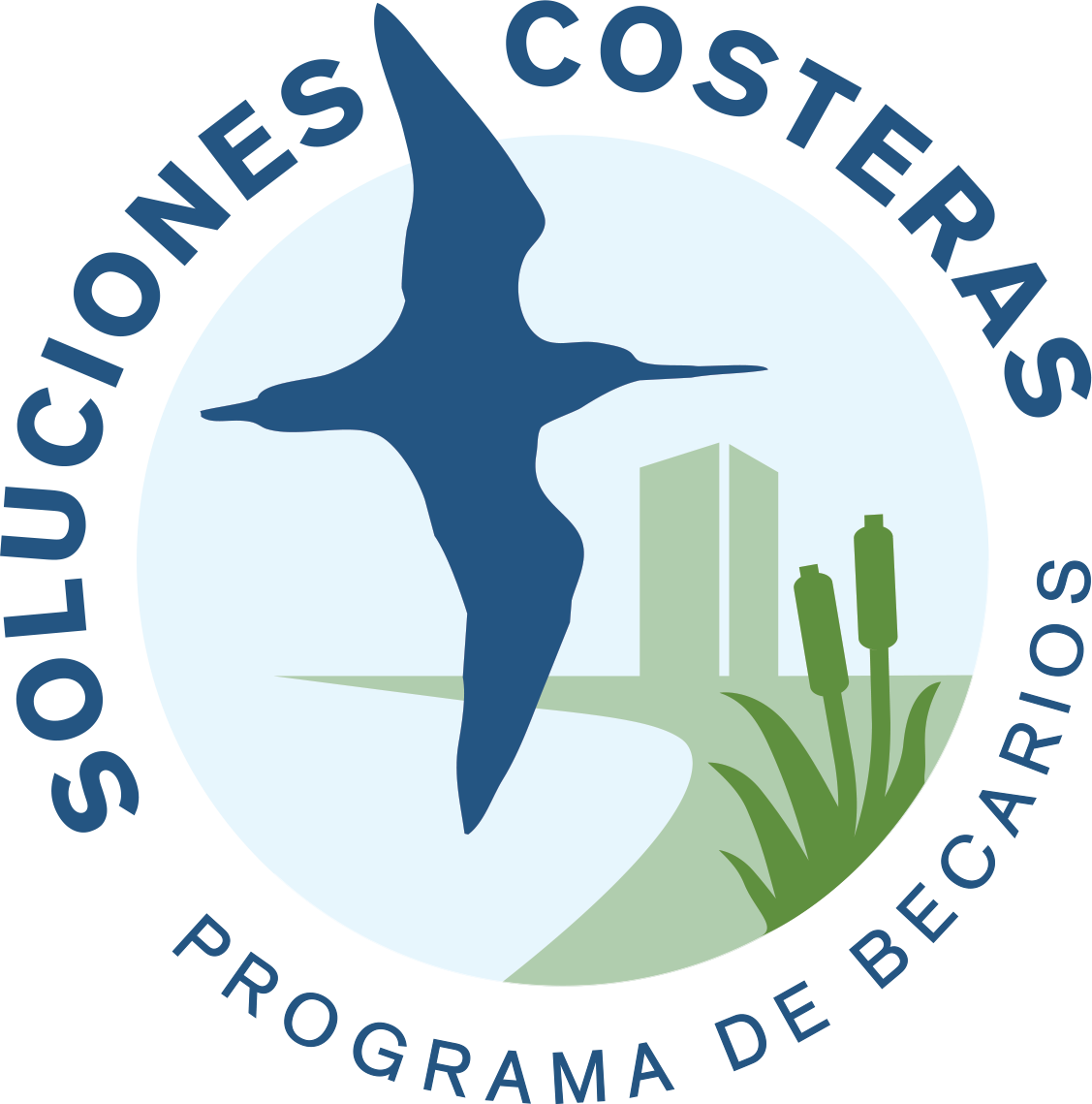About
The Coastal Solutions Fellowship Program
The Coastal Solutions Fellowship program builds from the “Pacific Americas Shorebird Conservation Strategy” and pinpoints two strategies to address threats to shorebird and coastal habitats across the Flyway: 1) fostering collaborations among scientists, planners, and developers and 2) building the knowledge-base, resources and skills of Latin American professionals across these sectors.
A Fellowship Program is a mechanism to do so and it offers a unique opportunity to develop cross-sector collaborations by building a hemispheric collaboration network, providing strategic training and supporting fellows to develop site-based coastal solutions along the Pacific Americas Flyway.
Coastal Solutions Fellows will become the next generation of Latin American coastal scientists, planners and developers who will push forward coastal conservation across the Flyway.
Objectives
The Life Cycle of a Coastal Solutions Fellowship
[column_area number=»2″][column]Application Process:
Eligible candidates start the process by applying for either a “Science fellowship” or a “Planning / AEC fellowship.” The application is divided into two phases:
Phase 1:
Candidates submit a 1-page project idea
Phase 2:
Shortlisted candidates must prepare a full-proposal for a project to be implemented during the 2-year fellowship.
The program will support projects focused on developing and implementing solutions to environmental challenges on shorebird site(s). Candidates must also secure collaborators and a mentor who is preferably based at the fellow’s institution. During the proposal preparation, shortlisted candidates will receive feedback and support (via email, or teleconference) from the Program Staff. A group of members from the technical committee will evaluate the application along with the Program Director. The Program Assistant will notify the selected candidates, and establish the needed MOU’s with the foundations, and partnerships with the host institutions and cross-collaborators.
[/column]
[column]

First year:
Fellows commit to working full-time on their projects with the support of their mentors and collaborators. During the first year, we will require fellows to attend a 2-3 day training retreat created based on feedback from fellows and mentors. The retreat will include peer-to-peer learning, as well as targeted training in line with fellow’s needs.
Second year:
Fellows continue to implement their projects. Fellows will also conduct a “travel-to-train” experience with an out-of-country collaborator. The program will provide funds for 2-4 weeks of travel in a foreign country to obtain skills and knowledge not available at home, also encouraging strong, on-going partnerships with out-of-country collaborators.
Senior fellows:
After the fellowship, fellows will become part of a lifelong network of outstanding scientists, planners, and developers finding innovative solutions to coastal threats along the Pacific Americas Flyway. We will encourage Senior Fellows to continue to participate as mentors, collaborators, or members of the Program’s Technical Committee. Senior Fellows will also be eligible to apply for “Collaboration Grants” (total < $30,000 USD a year) to work together on a solution for a coastal threat at a site(s) along the Pacific Americas Flyway.

El Programa de Becarios para Soluciones Costeras construye y apoya a una comunidad internacional para diseñar e implementan soluciones que abordan los desafíos costeros a lo largo de la Ruta Migratoria del Pacífico. Nuestra meta principal es conservar los hábitats costeros y las poblaciones de aves playeras mediante el desarrollo del conocimiento, los recursos y las habilidades de profesionales latinoamericanos, y el fomento de colaboraciones entre diversas disciplinas y sectores.
